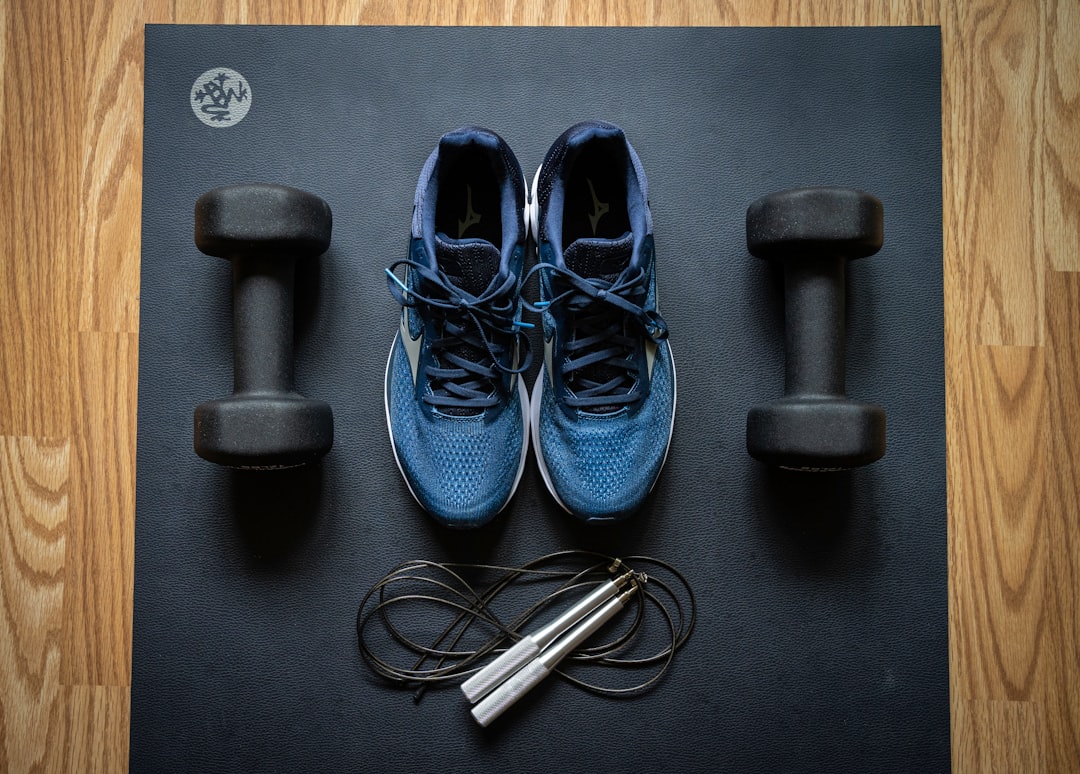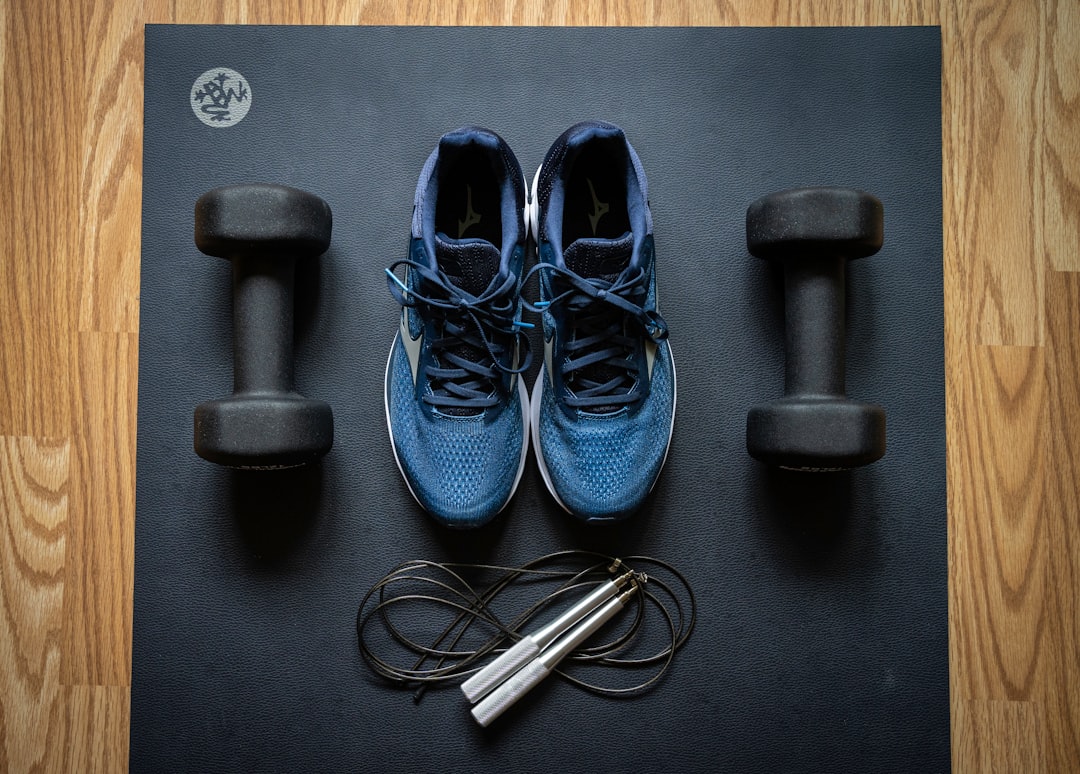If you’re a fitness trainer dreaming of building a brand online, the first step is creating an amazing website. But we get it—tech stuff can feel overwhelming. Don’t sweat it (pun intended)! We’ve got the lowdown on the best website builders that are easy, affordable, and perfect for fitness coaches starting out.
TLDR:
Just starting online as a fitness trainer? Go with a drag-and-drop builder—fast, easy, and no coding. Wix and Squarespace are great all-in-one options. Trainerize is more fitness-focused and has cool client tools. Want to sell plans and merch? Try Shopify or WordPress with WooCommerce.
What Makes a Great Website Builder for Fitness Trainers?
Before we dive into reviews, let’s talk about what you really need. A good fitness website should help you:
- Look professional
- Showcase workouts or nutrition plans
- Sell memberships, plans, or gear
- Let clients book sessions
- Provide online training or digital products
No need to hire a developer. Let’s look at simple platforms that help you tick all those boxes.
1. Wix – Best All-Around for Beginners
Why fitness trainers love it: Wix is super beginner-friendly. Its drag-and-drop builder is easy to use and has lots of great fitness templates.

Want to post blog tips, display training videos, or advertise your bootcamps? Wix makes it easy. You can add a booking system with a few clicks. It also has fitness-specific features built in.
Pros:
- Simple drag-and-drop tools
- Mobile-friendly designs
- Built-in appointment booking
- Video hosting for workout demos
Cons:
- Not as powerful for eCommerce
- Hard to switch templates later
2. Squarespace – Best for Stylish Personal Brand
Sleek AND simple? That’s Squarespace. If you want your site to look polished and modern, you’ll love the clean templates. It’s perfect for yoga instructors, personal trainers, or nutritionists building a professional vibe online.
Its tools for blogging, podcasting, and selling products are built-in. You can create an online store, host videos, and even collect emails for a newsletter. It may look fancy, but setup is a breeze.
Pros:
- Gorgeous fitness-friendly templates
- Built-in newsletter tools
- Great for visual storytelling (hello, transformation pics!)
Cons:
- Limited customization vs. other platforms
- Lacks dedicated fitness features like workout scheduling
3. Trainerize – Best for Online Coaching & Workouts
This one’s made JUST for you, coach! Trainerize is built specifically for fitness professionals. If your main gig is virtual training and creating custom workouts for clients, this platform rocks.
You get tools for one-on-one training, group coaching, habit tracking, and even in-app messaging. Imagine your own app with your name on it!

Pros:
- Custom workout builder with videos
- Nutrition and habit tracking for clients
- Client messaging and progress tracking
- Integrates with your website easily
Cons:
- Not ideal for blogging or content marketing
- Design options are limited
4. Shopify – Best for Selling Gear or Products
If you’re planning to sell physical products like merch, gym gear, or protein snacks, Shopify is king. It’s an eCommerce website builder that takes care of all your ordering, shipping, and payment needs.
While it’s not fitness-specific, you can customize it with health-focused themes. Add a blog, link to your Instagram, and you’re off and sprinting.
Pros:
- Best for eCommerce and selling online
- Supports digital AND physical products
- Loads of fitness-friendly templates
Cons:
- Monthly fees add up
- Steeper learning curve for beginners
5. WordPress + WooCommerce – Most Powerful (but Needs Setup)
Want total control and scalability? WordPress is like the weight rack of website builders—heavy, but gives results. With the WooCommerce plugin, you can sell memberships, digital downloads, fitness plans, and more.
But heads up: this one’s not drag-and-drop. You’ll either need to invest time learning or hire someone to help you get started. It’s a fit for trainers planning to go big online.
Pros:
- Endless customization via plugins
- Great for SEO and content marketing
- Supports online stores, blogs, memberships
Cons:
- Requires hosting and a bit of tech skill
- Can be overwhelming for new users
Quick Comparison Table
| Builder | Best For | Ease of Use | Fitness Tools | Price (Starting) |
|---|---|---|---|---|
| Wix | Beginners | ★ ★ ★ ★ ★ | Booking, Video | $16/month |
| Squarespace | Branding & Content | ★ ★ ★ ★ | Basic | $16/month |
| Trainerize | Online Coaching | ★ ★ ★ | ✓✓✓ | $5/month (per client) |
| Shopify | Product Sales | ★ ★ ★ | Limited | $39/month |
| WordPress + Woo | Scale & Control | ★ ★ | Customizable | Varies |
Don’t Forget These Website Must-Haves!
Whichever builder you pick, here’s what your fitness website should include:
- Bio/About Page – Share your story and training style
- Services – Clear packages and pricing
- Before & After Gallery – Show your wins!
- Booking Link – So clients can schedule easily
- Email Signup – Grow your list and send updates
- Social Links – Cross-promote your content

Final Thoughts
Starting your fitness business online doesn’t have to be hard. Pick a website builder that fits your goals. If you’re all about simplicity and appearances, go with Wix or Squarespace. If you need coaching tools, Trainerize is golden. Want to sell and scale? Shopify or WordPress will push you ahead.
Your website is the gym floor of your online business. Make it strong, clean


